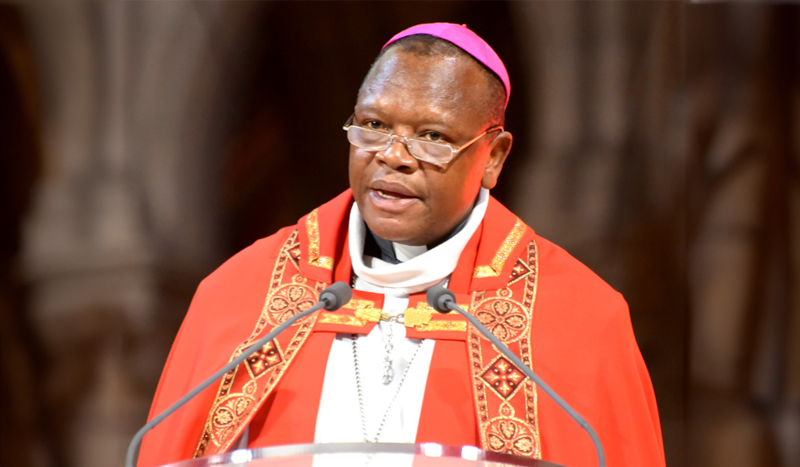
François-Régis Salefran / Wikimedia Commons
CV NEWS FEED // The President of the Symposium of the Episcopal Conferences of Africa and Madagascar (SECAM) in a recent interview criticized the lack of “synodality” in the finalization of the Vatican declaration “Fiducia Supplicans,” adding that the declaration was a cultural “kind of Western imperialism.”
During an interview with the French-Language Catholic Television Channel, KTO, SECAM President and Archbishop of Kinshasa Cardinal Fridolin Ambongo Besungu said the Dicastery for the Doctrine of Fath’s declaration lacked true “synodality.”
“In this Declaration, there was a whole cultural problem, because the African continent perceived Fiducia Supplicans as cultural colonization,” Cardinal Ambongo said in the March 18 interview, according to Catholic News Agency.
The cardinal further described the declaration as “a kind of Western imperialism, but on a cultural level.” Practices such as blessing same-sex couples are considered normal in the West, but not in Africa, he added.
“I think this explains the virulence of Africa’s reaction,” said Ambongo, referencing the decision of Catholic Bishops in Africa not to implement the declaration.
Ambongo further stated that he believed the declaration to have been released at an inappropriate time for the Church:
I don’t think this text was necessary at the time […] We had just come out of the first session of the Synod on Synodality, and we’re now waiting for the second session.
All these questions we raised during the first session of the Synod; we’re going to come back to them and we would have gained a lot by waiting for the end of the second session and mature this kind of subject in a spirit of synodality.
The content of the text, with reference to blessings, is not new, he continued. What surprised and shocked members of the Church, especially in Africa, was the blessing of homosexual couples.
“I believe that if we had consulted beforehand, if we had analyzed Fiducia Supplicans in the spirit of synodality, perhaps we could have presented it in a different form and with a different tone, taking into account the sensitivities of others,” Ambongo concluded.

